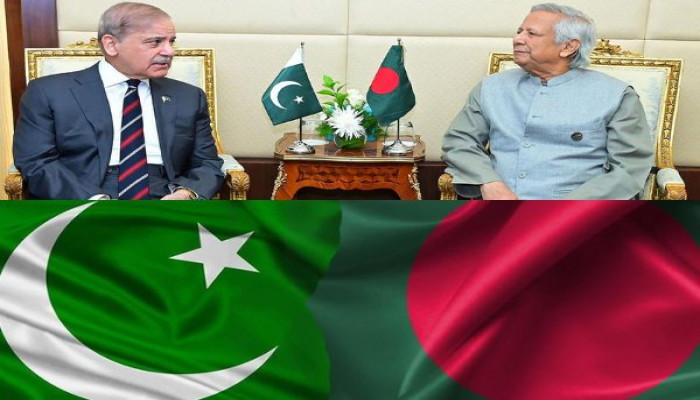Bangladesh's silence on India's 'Operation Sindoor' raises questions about its stance
- In Reports
- 08:10 PM, May 07, 2025
- Myind Staff
India carried out 'Operation Sindoor' on Wednesday and launched precision missile strikes on nine terrorist infrastructure locations in Pakistan and PoK. These strikes came as retaliation for the April 22 Pahalgam terror attack, which killed 26 civilians.
Bangladesh's interim government stayed completely silent and did not release any official statement in response to 'Operation Sindoor'. After the missile strikes, capitals from Washington to Beijing issued statements urging restraint, and Pakistan reacted with strong rhetoric. Bangladesh, however, did not issue any reaction. Observers believe this silence is part of a calculated diplomatic strategy.
Sri Lanka and the Maldives expressed concern about regional stability, and Nepal released a neutral statement appealing for peace.
Bangladesh’s complete silence surprised many in diplomatic circles. This absence of a statement stood out, especially in a region where governments often issue carefully worded responses in such situations.
Bangladesh seems to be taking a cautious stance—avoiding clear support for India’s action and not provoking Pakistan, which has become a strategic partner in recent months.
Nobel Peace Prize winner Muhammad Yunus has also not spoken about India’s operation against cross-border terrorism. His silence has raised questions about Bangladesh’s position as tensions grow between India and Pakistan.
This silence follows a statement by retired Major General ALM Fazlur Rahman, who once suggested that Bangladesh should capture India’s northeast if a war broke out between India and Pakistan. Some Dhaka-based social scientists believe Muhammad Yunus is staying quiet to avoid upsetting the Jamaat political bloc.
Yunus’s interim administration faces intense internal pressure and must manage a volatile domestic political landscape, where anti-India sentiment sometimes flares up, especially among Jamaat and BNP supporters.
At the same time, Yunus needs to maintain diplomatic relations with Pakistan and the broader Muslim world to keep political backing at home due to Jamaat’s growing influence.
Yet Yunus must also remember India’s pivotal role in Bangladesh’s 1971 Liberation War, and the fact that Bangladesh still depends heavily on India for trade, connectivity and energy cooperation.
While Yunus may present his silence as a prudent choice, the international community continues to question why Bangladesh chose not to respond.







Comments